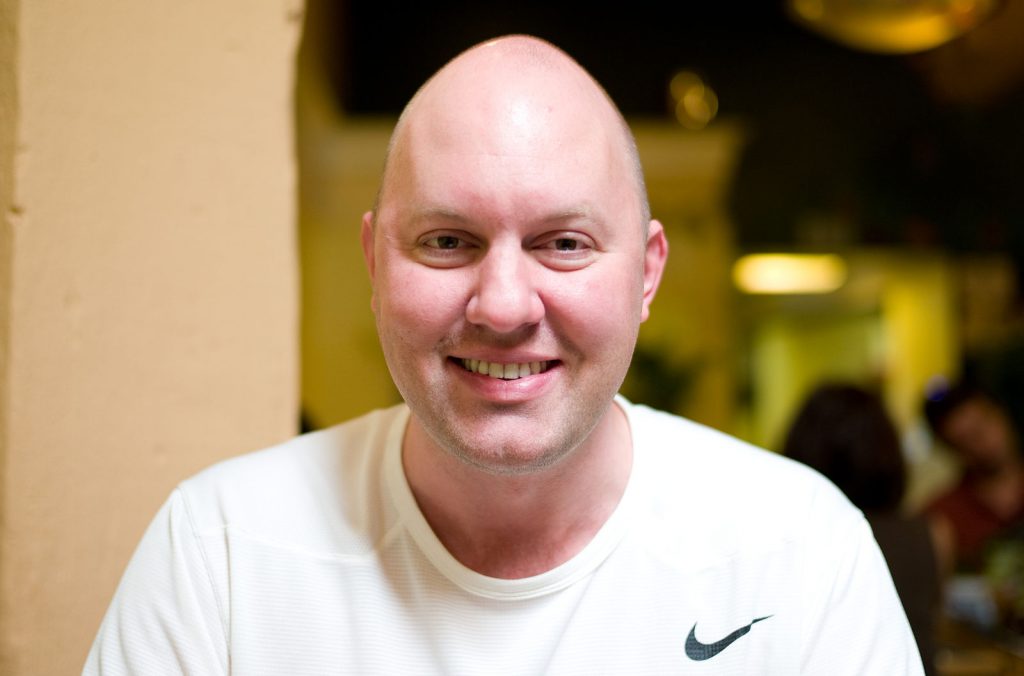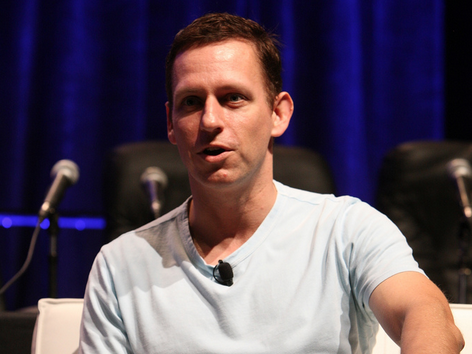In 1994—the year Apple co-founder Steve Jobs filmed an interview with The Silicon Valley Historical Association in which he encouraged people to go for what they want by enlisting others’ assistance—there was no social media, no Kickstarter, no GoFundMe, no Patreon… email was just becoming a thing.
Back then, asking for help meant engaging in a face-to-face or voice-to-voice real time interaction, something many people find intimidating.
Not so young Jobs, an electronics nut who related more easily to the adult engineers in his Silicon Valley neighborhood than to kids his own age.
As he recounts above, his desire to build a frequency counter spurred him to cold call Bill Hewlett (of Hewlett-Packard), to see if he’d give him some of the necessary parts.
(In light of the recent college admissions scandal, let us recognize the 12-year-old Jobs not only had the gumption to make that call, he also appears to have had no parental assistance looking up Hewlett’s number in the Palo Alto White Pages.)
Hewlett agreed to the young go-getter’s request for parts. Jobs’ chutzpah also earned him a summer job on a Hewlett Packard assembly line, putting screws into frequency counters. (“I was in heaven,” Jobs said of this entry level position.)
Perhaps the biggest lesson for those in need of help is to ask boldly.
Ask like it’s 1994.
No, ask like it’s 1968, and you’re a self-starter like Steve Jobs hellbent on procuring those specialty parts to build your frequency counter.
(Let’s further pretend that lying around waiting for Mom to order you a DIY frequency counter kit on Amazon is not an option…)
Need an extra push?
Psychologist Adam Grant’s bestselling Give and Take makes an effective case for human interaction as the pathway to success, whether you’re the kid placing the call, or the big wig with the power to grant the wish.
Social psychologist Heidi Grant’s book, Reinforcements: How to Get People to Help You, explains how to ask without sniveling, self-aggrandizing, or putting the person on the receiving end in an awkward position.
And that shy violet Amanda Fucking Palmer, author of The Art of Asking and no stranger to the punk rock barter economy, details how her “ninja master-level fan connection” has resulted in her every request being met—from housing and meals to practice pianos and a neti pot hand delivered by an Australian nurse.
Just don’t forget to say “please” and, eventually, “thank you.”
Related Content:
Steve Jobs on Life: “Stay Hungry, Stay Foolish”
A Young Steve Jobs Teaches a Class at MIT (1992)
Steve Jobs Narrates the First “Think Different” Ad (Never Aired)
Ayun Halliday is an author, illustrator, theater maker and Chief Primatologist of the East Village Inky zine. Join her in New York City this May for the next installment of her book-based variety show, Necromancers of the Public Domain. Follow her @AyunHalliday.







